The pandemic has brought no shortage of challenges to our country in the past two years. However, one silver lining has been the uninterrupted access that children have had to health coverage through Medicaid and the Children’s Health Insurance Program (CHIP). According to a report by the Georgetown University Center for Children and Families (CCF), nearly half of all children in the United States are insured through these programs. In Tennessee alone, more than 986,574 children—or 50% of our children under age 19—are enrolled in TennCare and CoverKids.
Having Medicaid coverage has meant that families at McNeilly Center for Children have had access to essential care and increased economic security during an otherwise very tumultuous time.
But in the coming months, thousands of children in families that we serve are at risk of losing this foundational coverage as Tennessee begins to roll back from the continuous coverage requirement that has been in place during the COVID-19 public health emergency (PHE) and resume pre-pandemic operations. At this point, Tennessee will redetermine eligibility for all TennCare enrollees, including many children, parents, and pregnant mothers.
This shift represents the largest challenges to public health coverage in a decade. And it could be disastrous for our children if Tennessee is not thoughtful and proactive in its approach to confirming children’s Medicaid eligibility and supporting those who are no longer eligible in the transition to other sources of coverage. In fact, a report by Georgetown University’s Center for Children and Families estimates that nearly 7 million children nationwide are likely to lose their Medicaid coverage and are at considerable risk of becoming uninsured or experiencing a disruption in coverage.
Children routinely lose coverage when Medicaid renewals occur, sometimes for something as small as a renewal letter getting lost in the mail. Studies show that when kids lose coverage, they’re more likely to have unmet health care needs that can interfere with their success in school—and as we continue to grapple with record-high inflation and a public health crisis, interrupting access to care for even short periods could have severe repercussions for the financial security and long-term health outcomes of Tennessee families. When health issues arise in uninsured families, they often face financial strain from covering large medical bills or forego seeking treatment altogether.
Collaboration and thoughtful preparation will be central to this transition. We urge Tennessee to take the time to get this right and make sure that no child becomes uninsured. As states begin to resume renewal operations, we urge them to consider the following strategies to process renewals and keep children covered effectively:
Proactively update contact information for parents
Provide clear and linguistically appropriate information about the renewal process
Boost capacity of customer service to meet the increased need for assistance
Pause disenrollment if the state is unable to keep up with the demand for help
Take additional steps to follow-up with children and families at risk of losing coverage due to missing information
McNeilly Center for Children is ready to be a partner in the effort to keep Tennessee’s children covered. We know there is strength in numbers, and we are committed to working together to ensure every child has access to the care they need and the opportunity to lead healthy lives.
